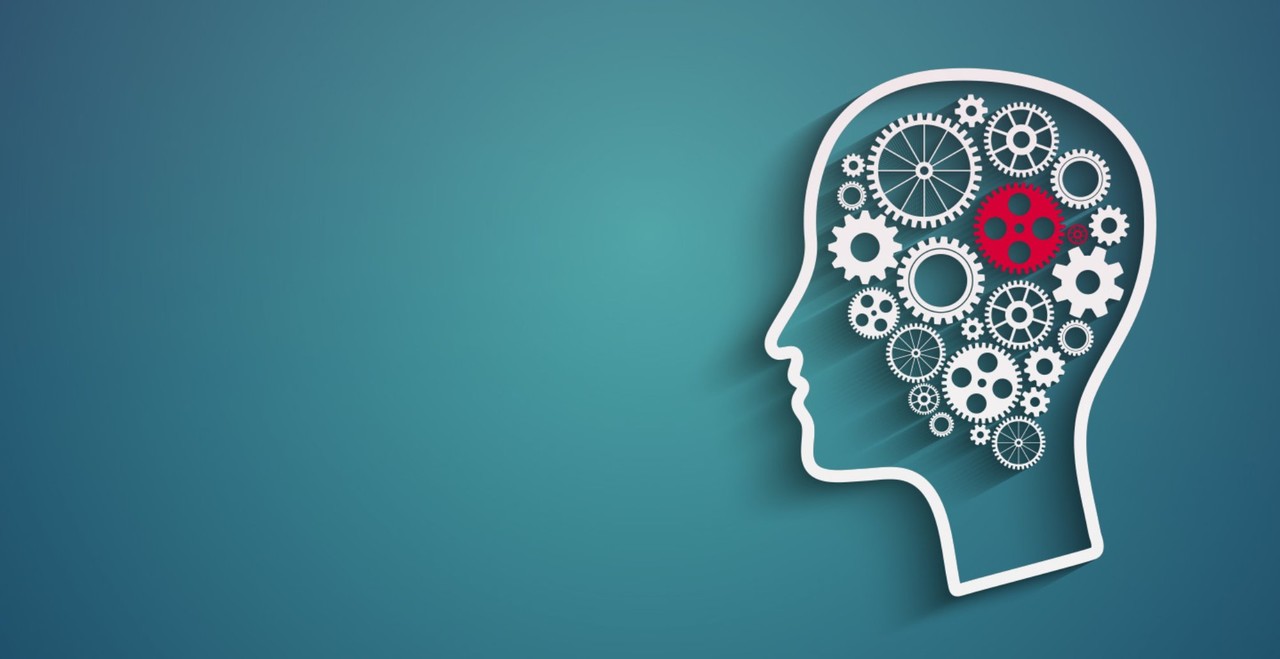
Cognitive biases
Cognitive biases are tendencies to think in a certain way that affects judgement and decision making. Being aware of them does not make one less susceptible but it can certainly help in decision making and other areas of life.
These biases can help us explain how civilisations works, how organisations operate, how to manage, understand people, decision making and much more. As far as I'm concerned this enough of reasons to make studies of psychology a high priority in education.
There are hundreds of cognitive biases, but I am going to list a few examples:
Bias blind spot
The tendency to see oneself as less biased than other people, or to be able to identify more cognitive biases in others than in oneself.
Confirmation bias
The tendency to search for, interpret, focus on and remember information in a way that confirms one's preconceptions.
Overconfidence
Excessive confidence in one's own ability or answers to questions. For example, for certain types of questions, answers that people rate as "99% certain" turn out to be wrong 40% of the time. Or how many people don't rate themselves as a better driver than the average person?
Endowment effect
The tendency for people to demand much more to give up an object than they would be willing to pay to acquire it.
Conservatism bias
Tendency to remember high values and high likelihoods/probabilities/frequencies as lower than they actually were and low ones as higher than they actually were. Based on the evidence, memories are not extreme enough.
Outcome bias
The tendency to judge a decision by its eventual outcome instead of based on the quality of the decision at the time it was made.
Bandwagon effect
The tendency to do (or believe) things because many other people do (or believe) the same. Related to groupthink and herd behavior.
Illusion of control
The tendency to overestimate one's degree of influence over other external events.
Ostrich effect
Ignoring an obvious (negative) situation.
Pro-innovation bias
The tendency to have an excessive optimism towards an invention or innovation's usefulness throughout society, while often failing to identify its limitations and weaknesses.
Social comparison bias
The tendency, when making hiring decisions, to favour potential candidates who don't compete with one's own particular strengths.
Looking closer at the biases we can start forming hypothesis around how they affect phenomenon in the real world, and use that to our benefit, an example is economics and the financial markets. Behavioural finance is a very interesting area, more on that in another article.
DM @ The Standard, London
6yI, perhaps like many others, have been guilty of all biases at various stages during my life, except Social Comparison bias. Hire to complement oneself, and if a specialist is needed in the team, then they should have and will be able to outperform oneself in that area. What are one's 'spikes' and what are one's 'stumps'... Hire to cover the 'stumps' and then you have a high potential team with yourself more of the generalist running it and inspiring your team to outperform expectations, with the team respecting you for empowering them to do what they do best with your oversight rather than micro-management.